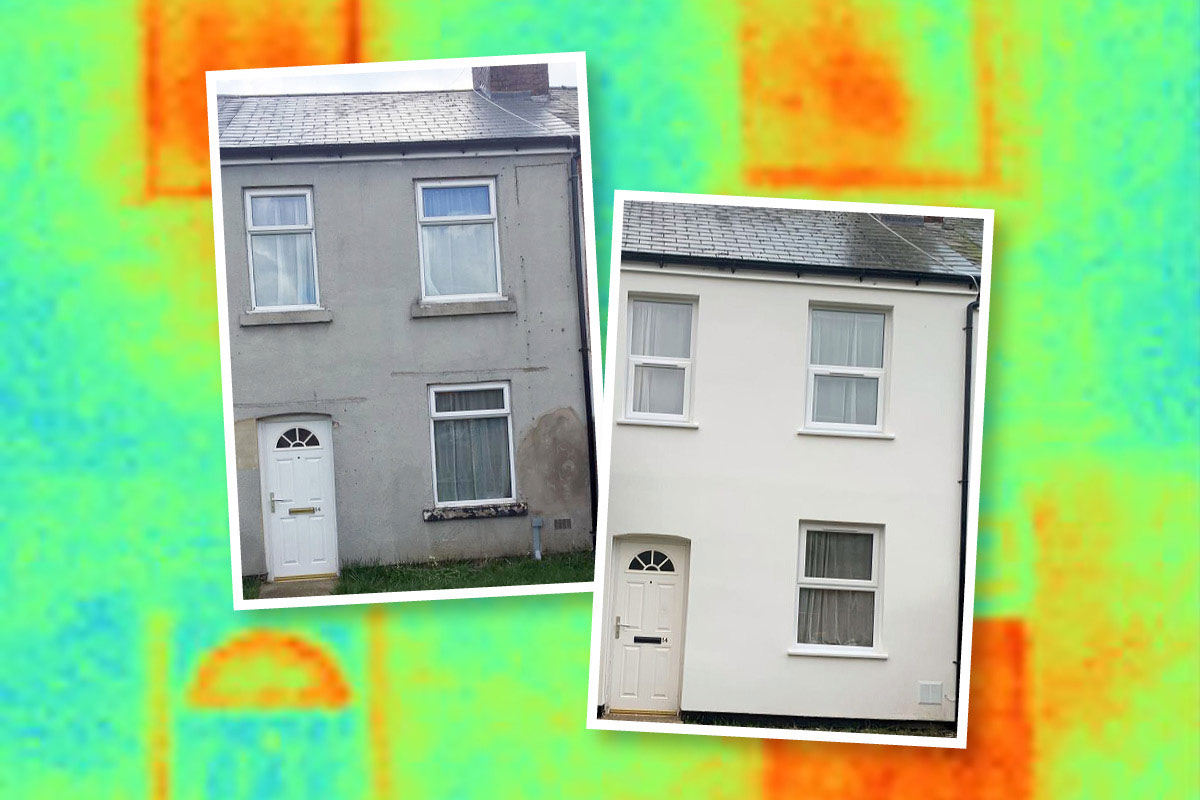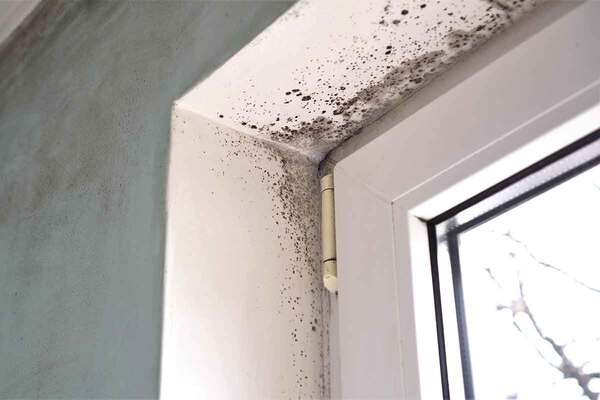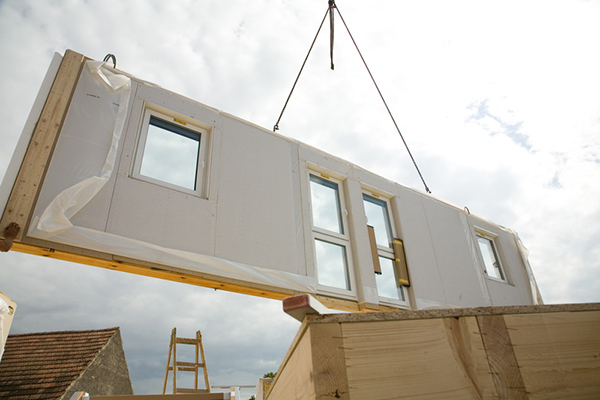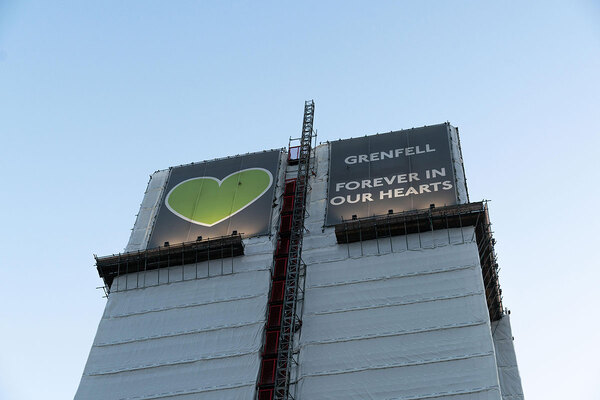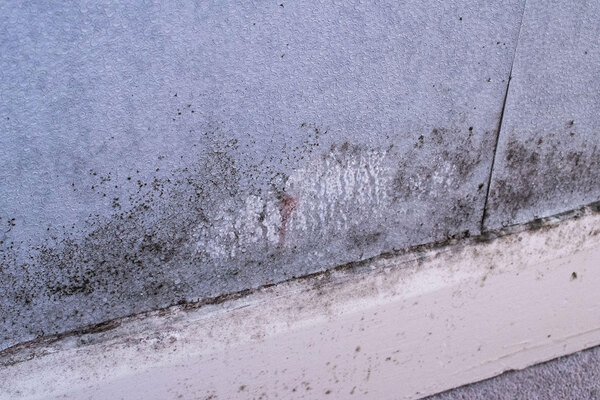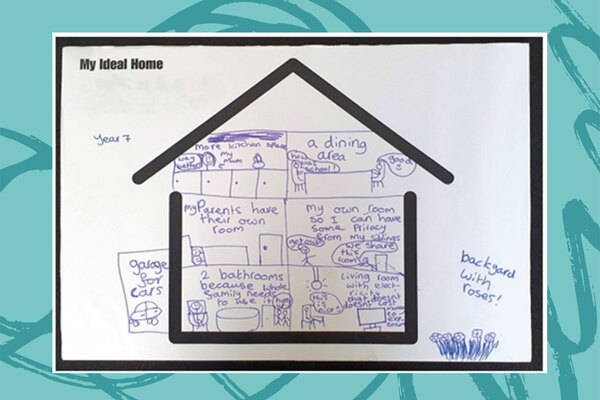You are viewing 1 of your 1 free articles
Buildings must face mandatory whole-life carbon assessments to tackle climate change, MPs warn
Buildings with more than 10 homes should be required to have a whole-life carbon (WLC) assessment to “dramatically” cut emissions from construction, a committee of MPs has said.
In a wide-ranging 81-page report, published today, the cross-party Environmental Audit Committee urged the government to introduce the mandatory requirement “no later” than December 2023.
The MPs said the requirement should become part of buildings regulations and incorporated in national planning policy, while councils should also be “encouraged and supported” to include this requirement within their local plan.
The mandatory requirements should apply to buildings above a gross internal area of 1,000 square metres, or which “create more than 10 dwellings”, the committee said.
A WLC assessment involves looking at the carbon emissions from the materials, construction and the use of a building over its entire life, including its demolition and disposal.
“There is no government policy requiring the assessment or control of embodied carbon emissions from buildings,” the report said. “As a result, no progress has been made in reducing these emissions within the built environment.”
The committee said the UK’s built environment currently accounts for around 25% of total greenhouse gas emissions.
Also in the report, the committee sounded a warning on the impact that changes to permitted development rights (PDR) are having on the idea of retrofitting.
The report called on ministers to “urgently commission” a “comprehensive evaluation” of how amendments to PDR are affecting the take-up of retrofits.
“The outcome of that evaluation should inform further amendments to the permitted development rights regime to ensure full alignment with the government’s stated commitment to promote reuse and retrofit ahead of demolition,” the report said.
It also called on the government to produce a retrofit strategy and up-skilling programme for construction to meet the needs of net zero.
Elsewhere, the committee echoed a report by the Business, Energy and Industrial Strategy (BEIS) Committee by calling for the Future Homes Standard, which will ban the use of gas boilers in new builds, to be introduced ahead of the planned timeframe of 2025.
The standard should be introduced by the end of next year to “align the timeframes for addressing operational and embodied carbon”, the MPs said.
“This will help provide the industry with the confidence it requires to construct low-carbon, energy efficient buildings,” the committee added.
The MPs also criticised the government for its delayed response to a consultation on amendments to the post-Grenfell combustible materials ban, arguing that the ban has "had a disproportionate impact on the use, innovation and testing of structural timber".
The report noted that in 2019 the Climate Change Committee recommended the increased use of timber in construction to help lower the embodied carbon of a building. However it said that the government has failed to address barriers involving timber such as “fire risk and insurance, price volatility, securing sustainable and local supply chains, and addressing skills gaps”.
However timber-frame buildings have been in the spotlight over safety concerns in recent years, owing to a number of high-profile fires. Earlier this week Inside Housing revealed that a building in south London, where a serious fire broke out last month, had a timber frame.
In response to the committee’s report, a government spokesperson said: “We welcome the recommendations of the Environmental Audit Committee’s report and are carefully considering its findings.
“We have decarbonised our economy faster than any country in the G20, and remain fully committed to reducing emissions from the construction sector through the Construct Zero programme and other initiatives to support the industry achieve its decarbonisation commitments.”
The UK government is targeting net zero emissions by 2050.
Sign up for our asset management newsletter
Already have an account? Click here to manage your newsletters

